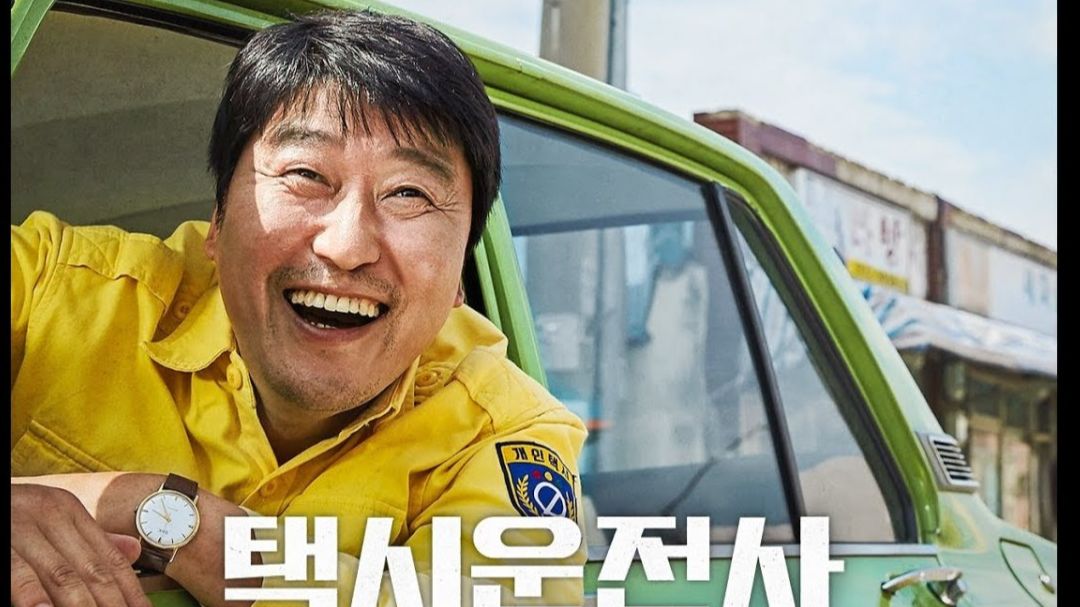

Since only a few taxis are deployed in any given scene, the film hasn’t re-created an adequate sense of the scope of their heroism.
#A taxi driver korean film vvietsub drivers
Hailed as “ drivers of democracy,” many lost their lives.

This in turn accentuates Hinzpeter’s role in raising international awareness for their crimes.Īccording to historical records, on May 20, hundreds of taxis mobilized themselves in a parade to support marching citizens and rescue the injured.

#A taxi driver korean film vvietsub full
Although the driver initially displays cowardice in the face of conflict, his personal struggle is rendered agonizing enough by Song to give full force to a climactic U-turn.Īpart from re-creating one incident in which paratroopers tried to wipe out a whole crowd in front of a broadcast station, the film eschews the kind of bombastic, effects-heavy setpieces that characterized “ May 18.” Instead, it depicts the regime’s brutal repression implicitly through its blatant attack on press freedom and shameless distortion of the truth. Jang makes good-humored fun of biases between Seoul citizens and natives of the Jeolla district, where the film takes place, but later demonstrates how humanist values transcend regional differences. The protagonist becomes embroiled in a squabble with local taxi drivers, who scoff at his mercenary attitude. Initially, they come across a group of students whose youthful innocence is expressed by the way they sing and dance like revelers at a Woodstock concert, but eventually wind up at a hospital where the casualties provide raw evidence of the bloody crackdown. They arrive on May 19, a day after the uprising broke out, to find the city completely sealed off by the army, although the two still manage to bluff their way pass blockades. When the protagonist (Song) whose real name is never revealed in the film, overhears that a foreigner is forking out about $900 for the fare, the cash-strapped single father cunningly steals the job from the intended driver. From his base in Tokyo, he flies to Seoul where his contact helps him book a taxi to drive him south to the beleaguered city. In Gwangju, protest quickly spilled out of universities and engulfed the southwestern city.ĭespite the government’s attempts at keeping foreign press in the dark, Juergen Hinspeter (Kretschmann), correspondent for a German broadcast channel, gets wind of the unrest brewing in South Korea. Chun Doo-hwan, who declared martial law in a 1980 coup.

The script by Uhm Yoo-na and Jo Seul-ye has drastically simplified the political context that triggered the uprising, but this in turn helps foreign viewers grasp the plot more easily than denser, more intellectual probings of the subject in such films as Im Sang-soo’s “The Old Garden” or Lee Chang-dong’s “Peppermint Candy.” Opening titles explain how the 1979 assassination of dictator Park Chung-hee sparked hopes of democracy among the younger generation, though the power vacuum was soon filled by Gen. “A Taxi Driver” is the first major production to tackle the Gwangju Uprising head-on since the 2007 blockbuster “ May 18.” Having less pretensions to epic grandeur than that film, it instead gains credibility from being based on a true story, and closing footage of the German reporter returning to the democratized country in 2003 certainly adds historical heft.


 0 kommentar(er)
0 kommentar(er)
